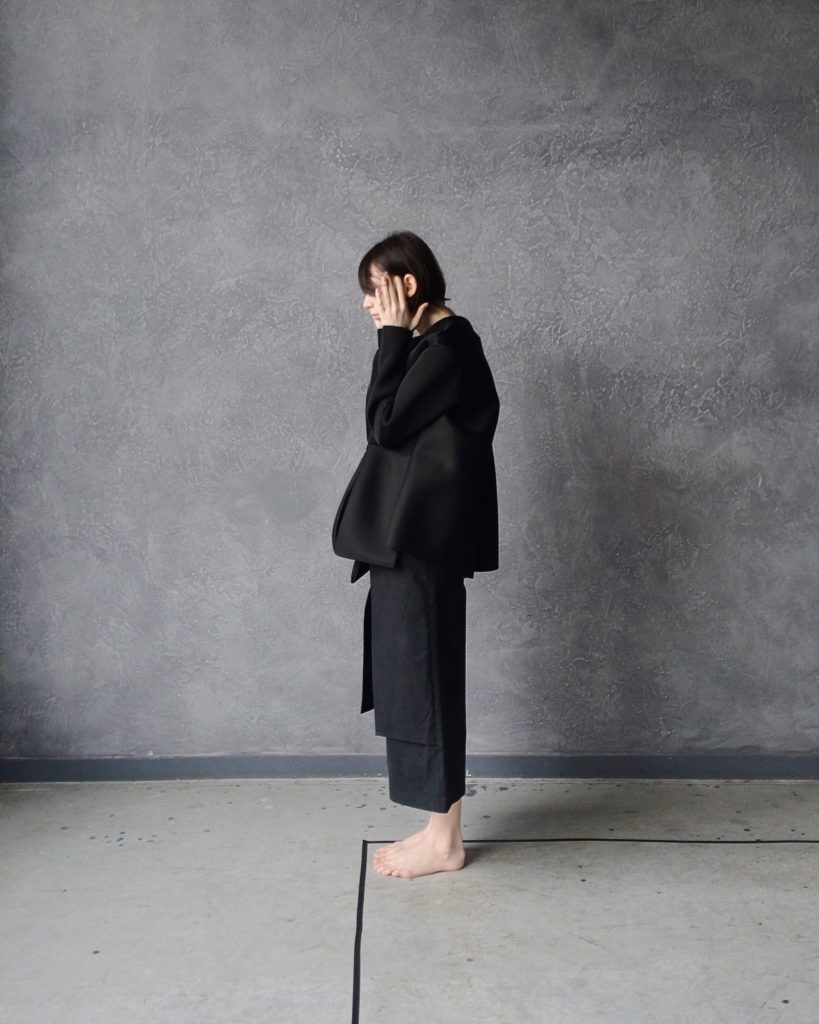Can you fill in the blank?
____________ causes more disability worldwide than any other illness.
Conditions such as arthritis, heart disease, and back problems might first come to mind, but the answer is actually depression.

In fact, according to The World Health Organization, depression causes more disability worldwide than any other illness. And, in addition to standing alone as a deeply disabling disorder, depression can worsen other illnesses like diabetes, heart disease liver disease, heart disease, and brain injuries.
Depression is an illness that does not discriminate against age, race, or sex. Unfortunately, many of those who battle depression feel misunderstood and often suffer in silence because of the stigma surrounding mental illness.
But Major Depression is more than just feeling sad. It’s a serious medical condition that should be treated as such. Like other illnesses, depression is NOT a one-size-fits-all disease. In fact, there are many different types of depression and it can look very different from person to person. Here’s a breakdown of the different types of depression and their respective symptoms.
Major Depressive Disorder (Major Depression)
Major depressive disorder symptoms can vary from patient to patient. It can be very disabling for some people, preventing the patient from functioning normally, while others may only experience a few episodes while maintaining daily function. Many people experience symptoms that undermine their ability to sleep, study, work, eat and enjoy activities they used to find pleasurable.
Dysthymic Disorder (Dysthymia)
Dysthymic disorder is also known as dysthymia or mild chronic depression. The patient can suffer symptoms for a long time, perhaps as long as a couple of years, and often longer.
The symptoms are not as severe as in major depression – they do not disable the patient. Some people experience only one episode during their lifetime while others may have recurrences.
Psychotic Depression
When severe depressive illness includes hallucinations, delusions, and/or withdrawing from reality, the patient may be diagnosed with psychotic depression. Psychotic depression is also referred to as delusional depression.
Postpartum Depression (PPD)
Postpartum Depression should not be confused with ‘baby blues’ which a mother may feel for a very short period after giving birth. If a mother develops a major depressive episode within a few weeks of giving birth it is most likely she has developed postpartum depression.
- Common signs of PPD include:
- Mood swings
- Anxiety
- Sadness
- Irritability
- Feeling overwhelmed
- Crying
- Reduced concentration
- Appetite problems
- Trouble sleeping
SAD (Seasonal Affective Disorder)
When the seasons change, less sunlight and more dark hours can trigger depressive symptoms for someone suffering from SAD. A person who develops a depressive illness during the winter months might have SAD.

Bipolar Disorder (manic-depressive illness)
Bipolar disorder is also known as manic-depressive illness. A patient with bipolar disorder experiences moments of extreme highs and extreme lows know as manias.
The bottom line is that depression is a complex illness. All of the highlighted possibilities surrounding a depression diagnosis only stress the necessity of unique treatment approaches for individuals battling depression.
If you or a loved one suffers from any type of depression, give our office a call or fill out our form to connect with someone in our office. Our team is here to help you understand your advanced treatment options like TMS Therapy and Ketamine so you can move forward in better health and happiness.

